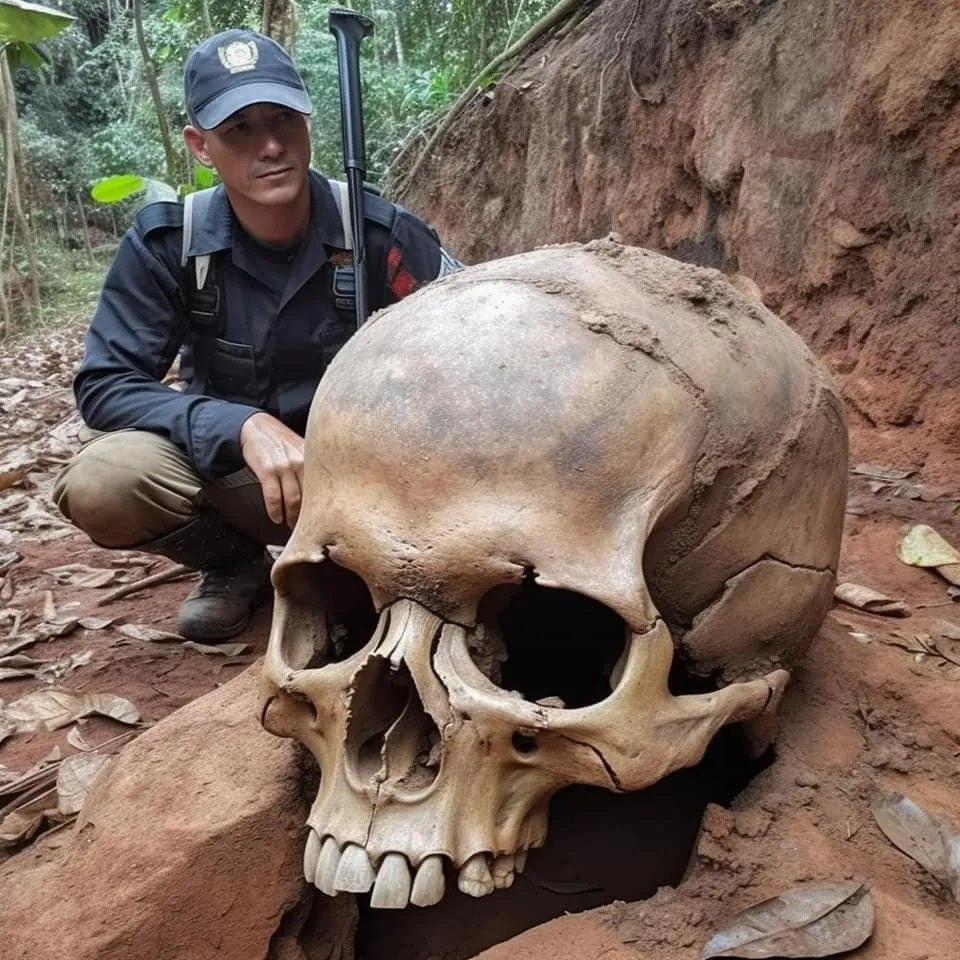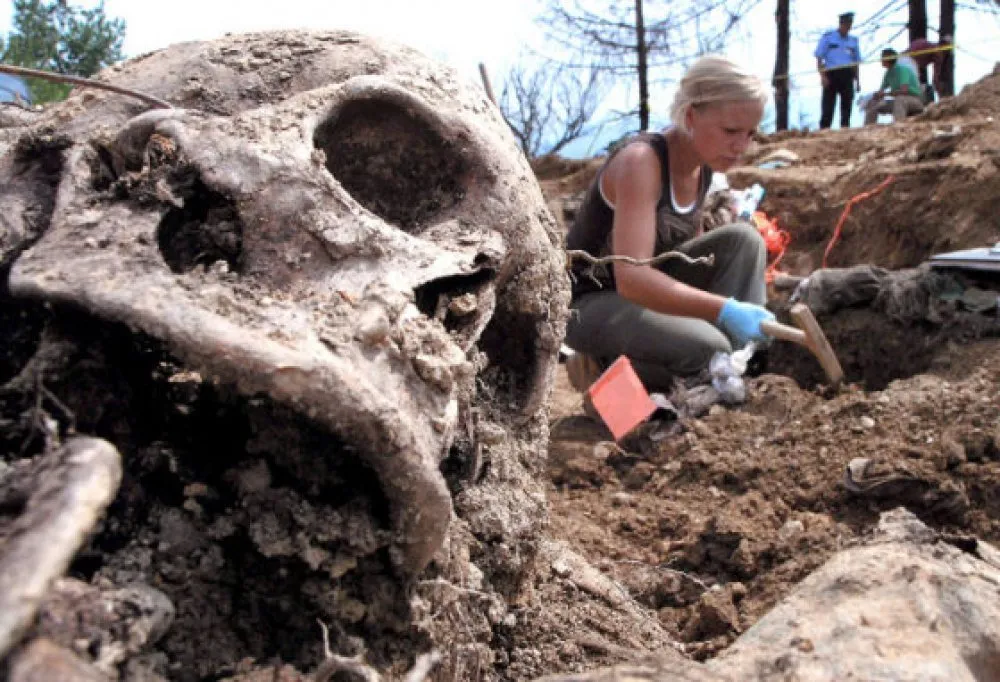In a groundbreaking discovery that bridges the gap between the present and the ancient world, archaeologists have unearthed a 2,000-year-old mummy with a recently conceived fetus still preserved within its womb. This rare find not only sheds light on the burial practices of ancient civilizations but also tells the poignant tale of a mother and her unborn child, frozen in time.

Unveiling the Mystery
The discovery was made in an ancient burial site, where the mummy was found in a remarkably preserved state. What sets this mummy apart from others is the presence of a fetus inside its abdomen, believed to be in the early stages of pregnancy. This condition presents a unique glimpse into the maternal health and prenatal care of the time, offering unprecedented insights into the lives of women in ancient societies.

The Significance of the Find
The presence of the fetus within the mummy provides a rare opportunity to study early fetal development and maternal care in antiquity. It raises questions about the societal and familial roles of women, the importance of childbirth and fertility in ancient cultures, and the spiritual beliefs surrounding life and death. This mummy, serving as a time capsule, allows us to understand the complexities of life thousands of years ago.

The Tragic Story Behind the Preservation
The discovery of the mummy with its unborn child evokes a sense of tragedy, highlighting the harsh realities of ancient life. It suggests that the woman may have died during pregnancy, a not uncommon occurrence in a time when medical knowledge was limited, and maternal mortality rates were high. This find underscores the vulnerability of life and the universality of maternal bonds that transcend time.
Archaeological and Ethical Considerations
This remarkable find also poses ethical questions about how we treat and study human remains. The preservation and study of the mummy and its fetus must be handled with respect and sensitivity, balancing the pursuit of knowledge with the dignity of the individuals involved. It reminds us of our responsibility to honor the past and those who came before us.
Conclusion
The discovery of the 2,000-year-old mummy with a recently conceived fetus preserved inside offers a unique window into the past, providing valuable insights into ancient societies’ practices, beliefs, and the universal experiences of life, death, and motherhood. As we delve deeper into this discovery, we are reminded of our shared humanity and the timeless nature of the human experience.



